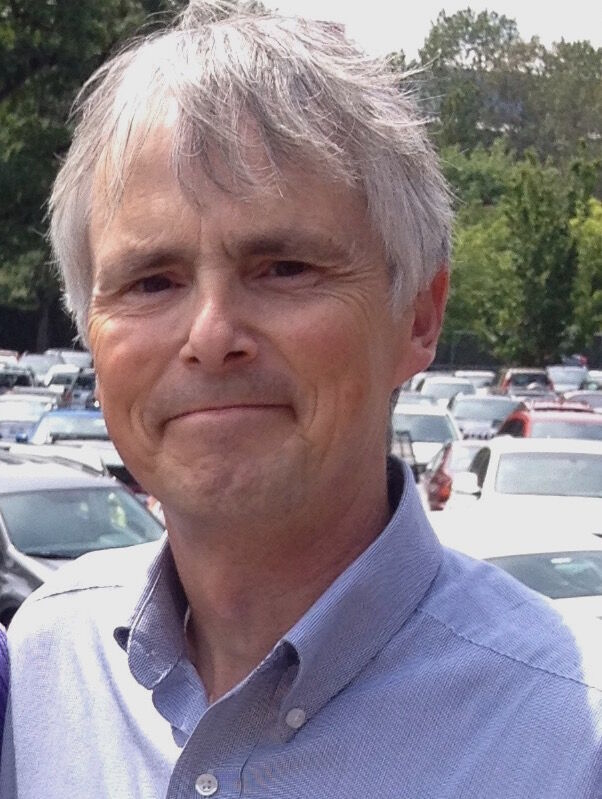Editor’s note
Published 7:00 am Friday, June 24, 2022

- Joe Beach
Whether in literature or in journalism, conflict can drive a good story. The bigger the conflict, the better the story.
The rural-urban divide is one of the driving themes for The Other Oregon. That suggests that the conflict exists between two distinct mindsets.
That has never really been true. Rural Oregonians are no more of one mind on any issue than are urban Oregonians. There are issues where the interests of some rural and urban Oregonians coincide and are at odds with their neighbors on both sides of the divide.
The drive to move to alternative energy sources and the building of the necessary infrastructure is an example. It’s a strategy that not everyone agrees with. Even among those who do agree, there isn’t unanimity about how to implement it, or where to site the facilities and mine the required raw materials.
Many of these facilities are sited in rural Oregon. Depending on your point of view, they either represent an opportunity for economic development in places where good jobs are scarce, or a threat to natural habitat and cultural resources.
That’s the conflict in a story we bring you in this issue.
Lithium is a key component in the batteries that power electric cars and provide storage for electricity generated by wind and solar facilities. The largest deposit of lithium in the country is located on federal land in southeastern Oregon.
A coalition of Indian tribes, ranchers and environmentalists don’t want the site mined, arguing it will pollute water, threaten wildlife, maim sacred tribal lands and potentially endanger communities.
Project proponents — who include environmentalists, tribal members, and ranchers — say lithium from the area’s clay deposits is needed to make batteries for electric cars to reduce America’s reliance on fossil fuel, and to provide jobs in an area where many live in poverty.
Current national policy is encouraging the transition to battery-powered electric cars, trucks and equipment.
The real conflict in this story is whether lithium and other minerals necessary to build those batteries will be mined in the rural United States, or in rural areas in poor, third-world countries.
Joe Beach

